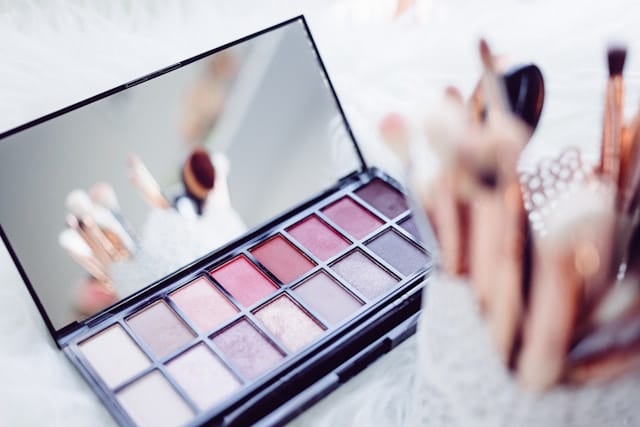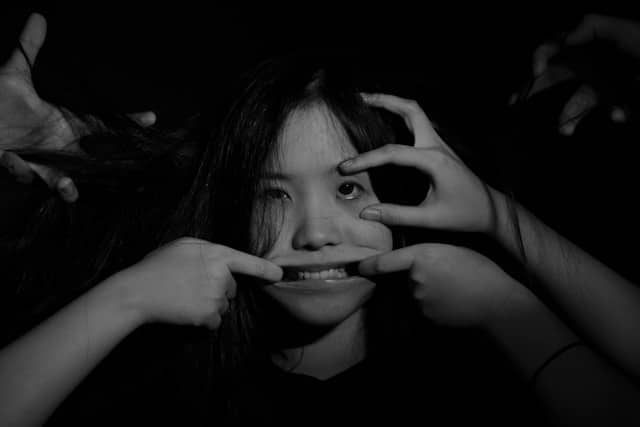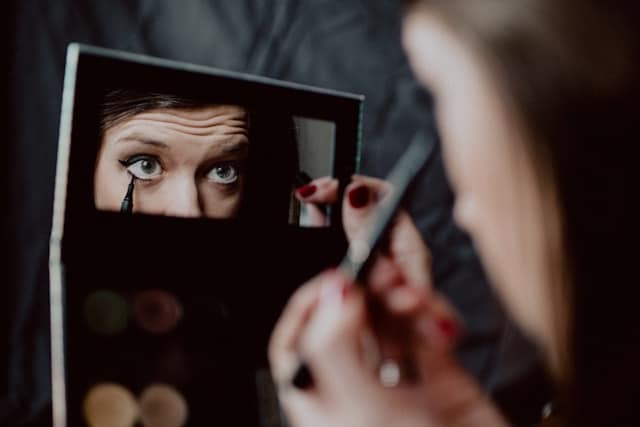Makeup has long been a tool for self-expression, enhancing confidence and beauty. However recent studies hint at a deeper link between makeup habits and personality. Specifically, research suggests intriguing connections between makeup use and traits such as narcissism, extraversion, and even psychopathy. Could a woman’s choice to wear—or abstain from—makeup offer subtle clues about her psychological profile?

Researchers at the University of São Paulo conducted a study on the makeup routines of 1,410 Brazilian women across various settings—at home, on dates, in business meetings, and at the gym. The study assessed their personalities, focusing on the “Dark Triad” of traits: narcissism, Machiavellianism, and psychopathy, along with the Big Five personality traits.
The study uncovered a strong link between makeup use and specific personality traits. Women who scored high in narcissism were more likely to wear makeup, especially in situations where making a strong impression was important, like on dates or at professional meetings. This aligns with narcissistic desires for admiration and attention, often expressed through their appearance.

Conversely, women with psychopathic traits generally wore less makeup, regardless of the social context. This may stem from their indifference to social norms and a diminished need for external validation. The study indicates that women with psychopathic tendencies often rely on charm and manipulation to influence social situations, making makeup less crucial for them.
One particularly interesting finding is the correlation between psychopathy and minimal makeup use. Unlike narcissists, who use makeup to attract attention, women with psychopathic tendencies often disregard others’ opinions. This lack of interest in fitting beauty standards could explain why they wear less makeup.
Psychopathic traits like assertiveness, fearlessness, and a disregard for social approval seem to drive this behavior. Women scoring high in psychopathy often leverage their personality rather than appearance to influence others. Dr. Clive Boddy, a researcher at Anglia Ruskin University, suggests that female psychopaths might be more prevalent than assumed, as their subtle manipulation tactics make them harder to identify.

While psychopathic women may avoid makeup, narcissistic women embrace it. The link between narcissism and makeup use is well-established. Women with high narcissistic traits often use makeup to attract attention and admiration, especially in situations where validation is desired, like on dates or in professional settings.
This need for admiration leads narcissistic women to invest effort in their makeup routine, seeing it as an essential social tool. Extraverted women are also more likely to wear makeup consistently to feel confident in social settings. However, unlike narcissists, extroverts maintain steady makeup usage across different contexts, reflecting their ongoing need for social engagement.

Makeup usage reflects more than aesthetics—it can reveal underlying psychological motivations. Women with narcissistic tendencies adapt their makeup routine based on social context, treating it as a tool for success. Meanwhile, women with psychopathic traits often have a consistent, minimal makeup style, indicating their indifference to societal expectations.
This suggests that makeup can be a subtle marker of personality. For example, a woman who varies her appearance significantly depending on the situation may be seeking admiration, hinting at narcissistic traits. Meanwhile, a woman who consistently wears little to no makeup might exhibit assertive and manipulative tendencies, similar to those seen in psychopathy.

Female psychopathy has often been overlooked, partly due to biases that associate psychopathy with men. Traditional assessments, which focus on overtly antisocial or aggressive behaviors more common in men, may miss how psychopathy manifests in women. Women with psychopathic traits tend to use verbal manipulation and emotional deceit instead of physical aggression, making their traits harder to spot.
Dr. Clive Boddy notes that female psychopaths could pose more societal challenges than previously thought, particularly in professional or leadership roles. Their charm, assertiveness, and lack of empathy allow them to manipulate situations subtly, drawing little attention. This underestimation can have serious impacts, especially in work and personal relationships.
